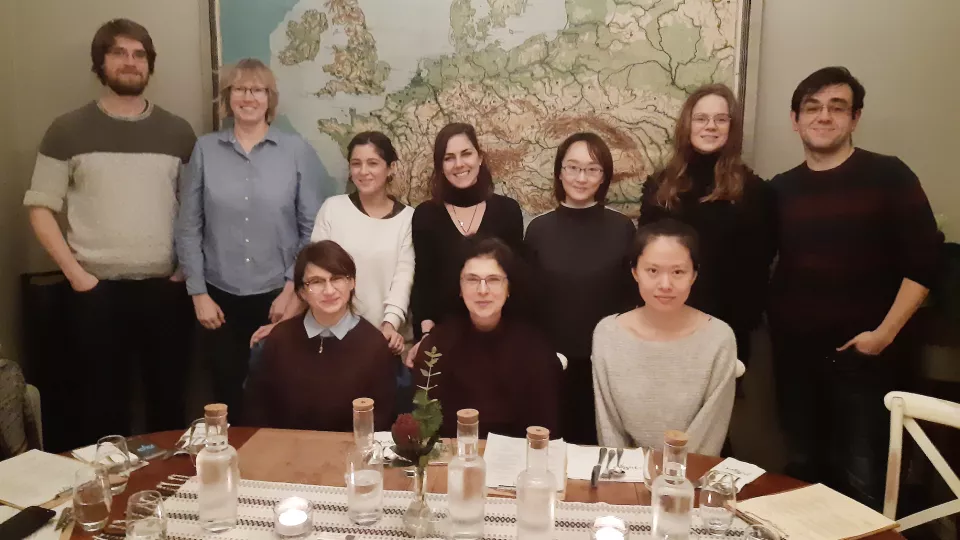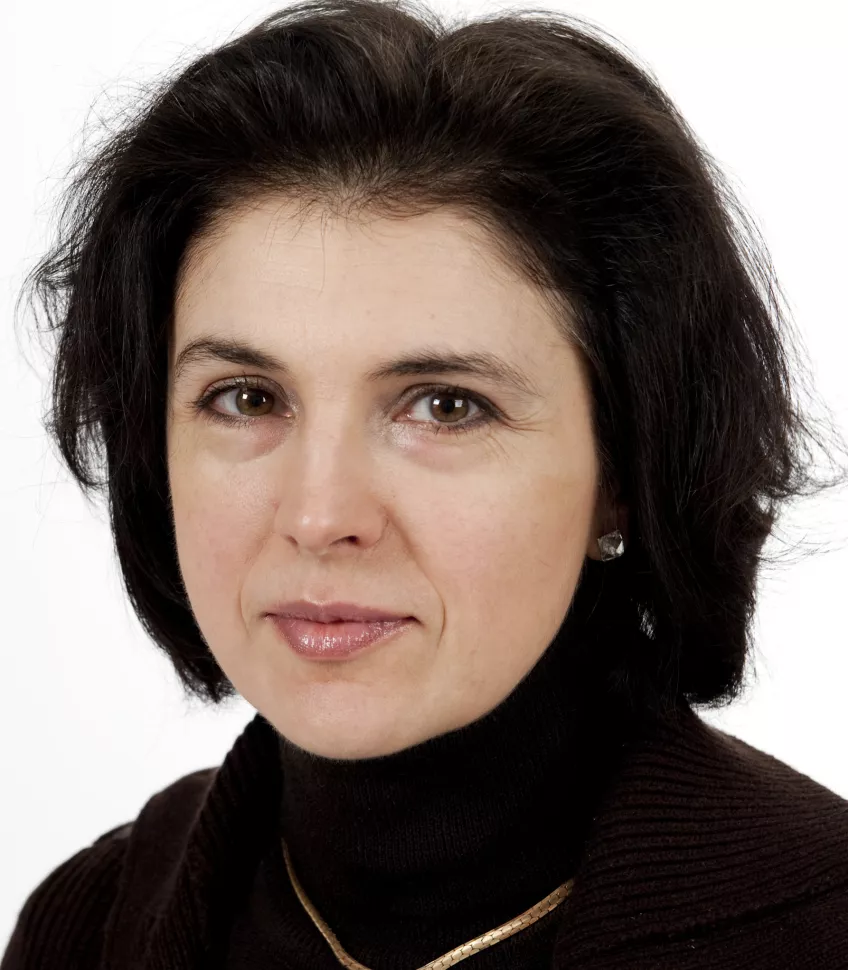About the role as the new coordinator
I will do my best to foster collaborative projects with high scientific and/or translational potential.
What does being appointed to the new coordinator mean to you? And what is the most exciting with being the new coordinator?
I am pleased that the recruitment committee trusted me being able to handle the Coordinator job. Exciting? Hmm, I would not use this word. It is a significant responsibility to lead such a large and diverse research network. At the moment, I am still focused on finding the right way to do it.
What have you done as the new coordinator so far?
So far I have set in motion a process to revise the working groups and the membership rules of Multipark. This process is meant to lead to more transparent procedures that are easier to monitor and comply with. In general, I wish to get well-functioning, rational working routines in place at all levels. Moreover, I will do my best to promote the inclusion and participation of our members in all the activities of the network, and to foster collaborative projects with high scientific and/or translational potential.
What is the greatest potential of MP that you want to focus on?
The greatest potential of Multipark lies in its combination of excellence and breadth. Therefore, while capitalizing on our world-leading lines of investigation, we also have the possibility to tap strengths and ideas in several new directions. This is a great opportunity because, in research, one does not know when and how the big turning points will emerge.
About being a senior researcher
Being a researcher is the best possible job, even when it seems so hard. If this is what you like to do, don’t get discouraged at the difficulties, pursue your vision!
What is the best thing about being a researcher?
The passion for one´s research topic, which gives meaning and direction to even the hardest work. This job is moreover fantastic from the point of view of one´s personal and professional development. You may not always see it on a day-to-day basis, but at some point, you look back and realize that you have become a smarter and better person thanks to your work, all parts included ( even the frustrations and the failures).
It is also quite rewarding to see the development of one´s students, in particular, the enormous professional growth of a PhD student from the moment when he/she enters the lab to the time of the doctoral dissertation.
Tell us about a challenge you have encountered during your career as a researcher. How did you manage that difficulty and what did you learn?
A particularly difficult time for my career was when I was starting my independent line of investigation as a group leader and, in the same period, I was responsible for the upbringing of two young children. Oftentimes, I felt inadequate both as a mother and as a researcher, and there were many occasions when I thought “this is not going to work”. But it did…What did I learn? Actually quite a lot (there would be enough material to write a book here ).
For example, I came to realize that it is important to find people who want to support you, who care for you to be able to realize your dreams. In my case, I was lucky to find a caring husband (though also very busy himself) and, in that critical period, I established key collaborations with a couple of excellent researchers, who fortunately proved themselves quite fair to me. In summary, I learned that having truly good people around you is a key to success!
From a more introverted perspective, I must admit that I have learned quite a lot from my own mistakes over the years. This is a great realization because it shows that there is always room for improvement through one’s willing efforts.
Any advice to young researchers that you wish you knew at their position?
I actually have many pieces of advice that I could share, but here is one for now:
Being a researcher is the best possible job, even when it seems so hard. If this is what you like to do, don’t get discouraged at the difficulties, pursue your vision!



